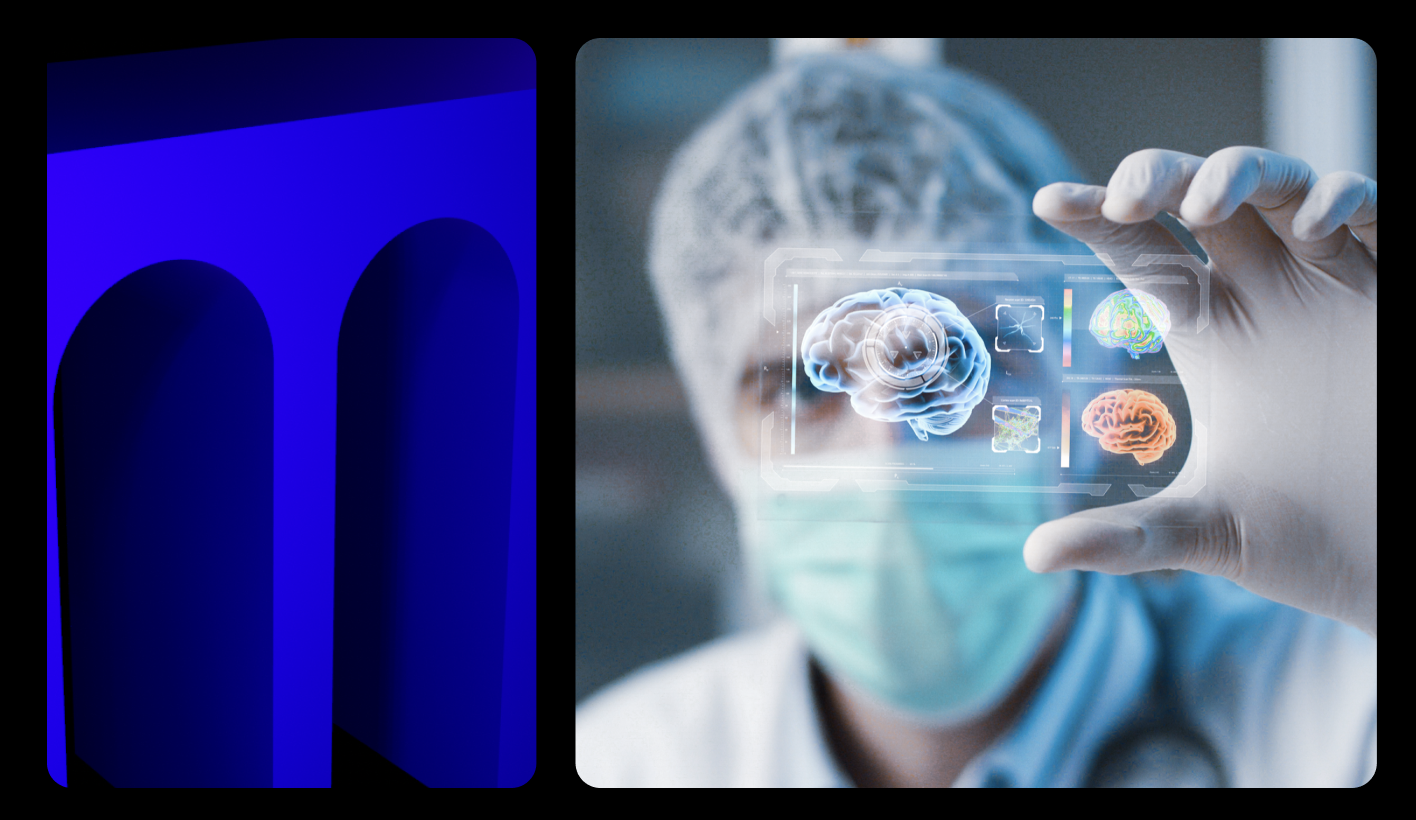We live in a time when artificial intelligence is around us almost everywhere,
and it is developing at a tremendous pace. It changes many of the usual operating and
production processes, having a serious impact on the world labor market, which in
turn entails the need for the emergence of new specialties associated with working
with artificial intelligence. Today, being able to analyze and interact with technology
and robots is not just a desire, but the reality and necessity of our life.
AI’s huge contribution to medicine is undeniable. Its ability to recognize
patterns of data and analyze images in high resolution from scanners help doctors
identify various diseases; particularly, cancer. We are accustomed to the fact that the
diagnosis of cancer is always associated with analysis and tissue biopsy. But, as a
rule, tests are carried out at a time when the cancer is in its “mature” stage. As for
early screening, such tests are expensive and time consuming. However, the situation
can be simplified by the use of virtual algorithms.

